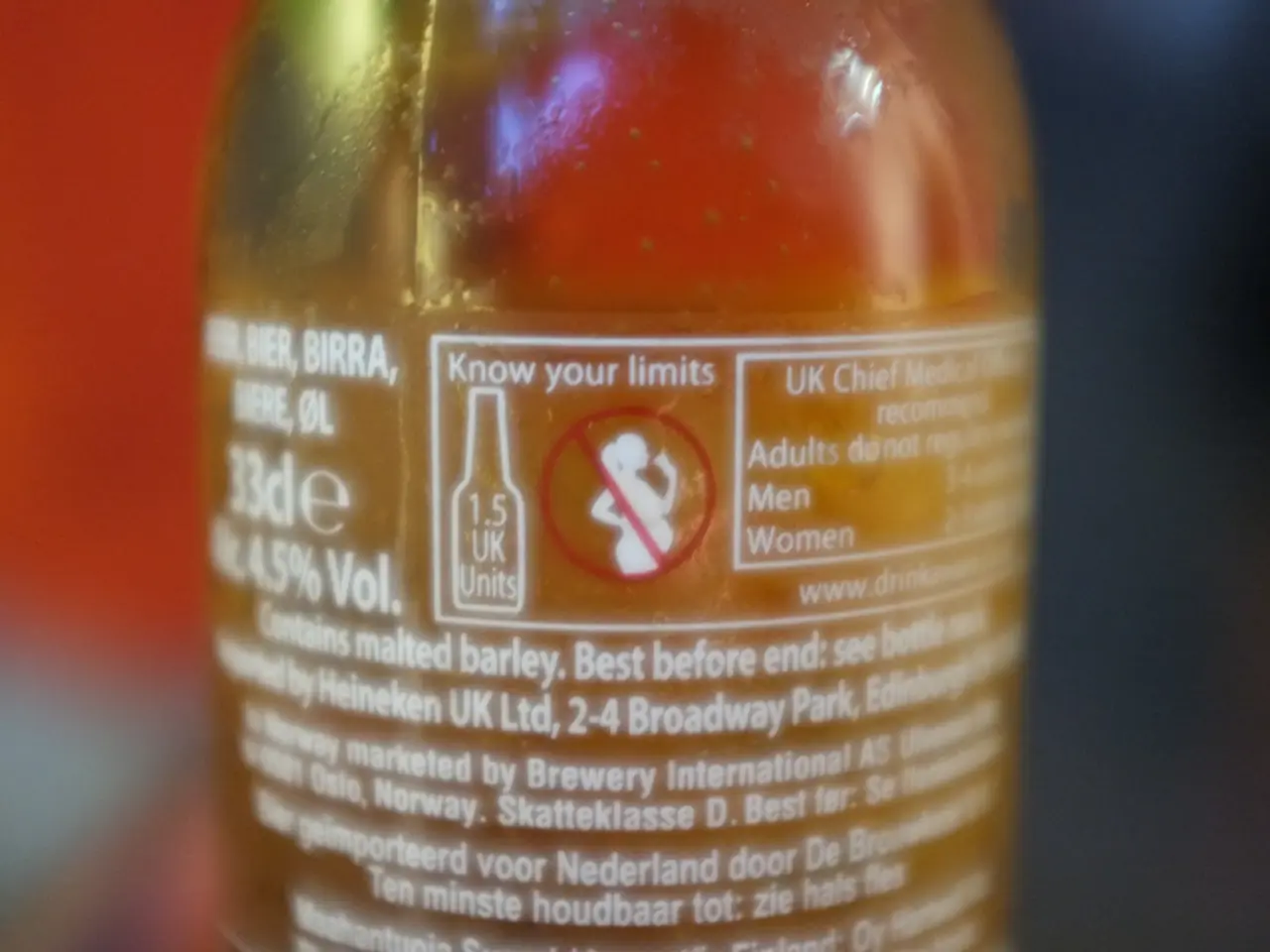Safeguarding Solar Integrity from Beta-Carotene
Beta-carotene, a plant pigment found in foods like carrots, spinach, and apricots, has been marketed as a natural sun protectant and tanning aid in dietary supplements. However, a closer look at the facts reveals both benefits and potential risks, particularly for smokers.
According to a report by the consumer center NRW, the effect of these capsules for sun protection is at most minor. This is due to beta-carotene's ability to absorb UV rays, providing a degree of photoprotection and reducing damage to the skin. It also stimulates melanogenesis, aiding in tanning and prolonging the tan by maintaining melanin levels in the skin.
However, high doses of beta-carotene can lead to carotenemia, a harmless condition that results in a yellowish discoloration of the skin. This concern is heightened for smokers, as some studies suggest that high doses of beta-carotene may increase the risk of lung cancer. The evidence is not consistent across all studies, but smokers should exercise caution due to this potential risk.
It's crucial for smokers to consult with a healthcare professional before starting any supplement regimen. Quitting smoking remains the most effective way to mitigate smoking-related health risks, including those to the skin.
The European Food Safety Authority (EFSA) and the Federal Institute for Risk Assessment (BfR) have set guidelines for the use of beta-carotene supplements. The EFSA states that a few small studies have shown a positive effect in terms of sun protection through beta-carotene, but only when at least 20 milligrams of it is taken daily for at least ten weeks. The BfR has defined the maximum daily beta-carotene dose in dietary supplements as 3.5 milligrams.
Unfortunately, many sun capsules available on the market do not comply with these guidelines. Out of 23 sun capsules checked by consumer protectors, only 9 come with a warning that they are not sufficient as sun protection, and only 3 of the 23 products checked comply with the BfR recommended maximum amount of 3.5 milligrams per day.
Many manufacturers of sun capsules do not draw attention to the risks associated with their products, which is a cause for concern. It's essential for consumers to be aware of these risks, particularly smokers, to make informed decisions about their health and wellbeing.
In conclusion, while beta-carotene can offer some benefits in terms of sun protection and skin health, it should not be relied upon as a sole source of sun protection. Comprehensive sun protection practices, such as wearing protective clothing, hats, and sunscreen, are still necessary. For smokers, it's crucial to be aware of the potential risks associated with beta-carotene supplements and to consult with a healthcare professional before starting any supplement regimen.
- Other health-and-wellness supplements, such as various nutrients, can provide additional benefits for skin health alongside beta-carotene, but it's essential to research and consult with healthcare professionals due to potential risks and interactions.
- In light of the findings about the limited effectiveness of beta-carotene supplements in sun protection, and the potential risks for smokers, a balanced approach to health-and-wellness, including proper nutrition, should be adopted for overall wellbeing.




